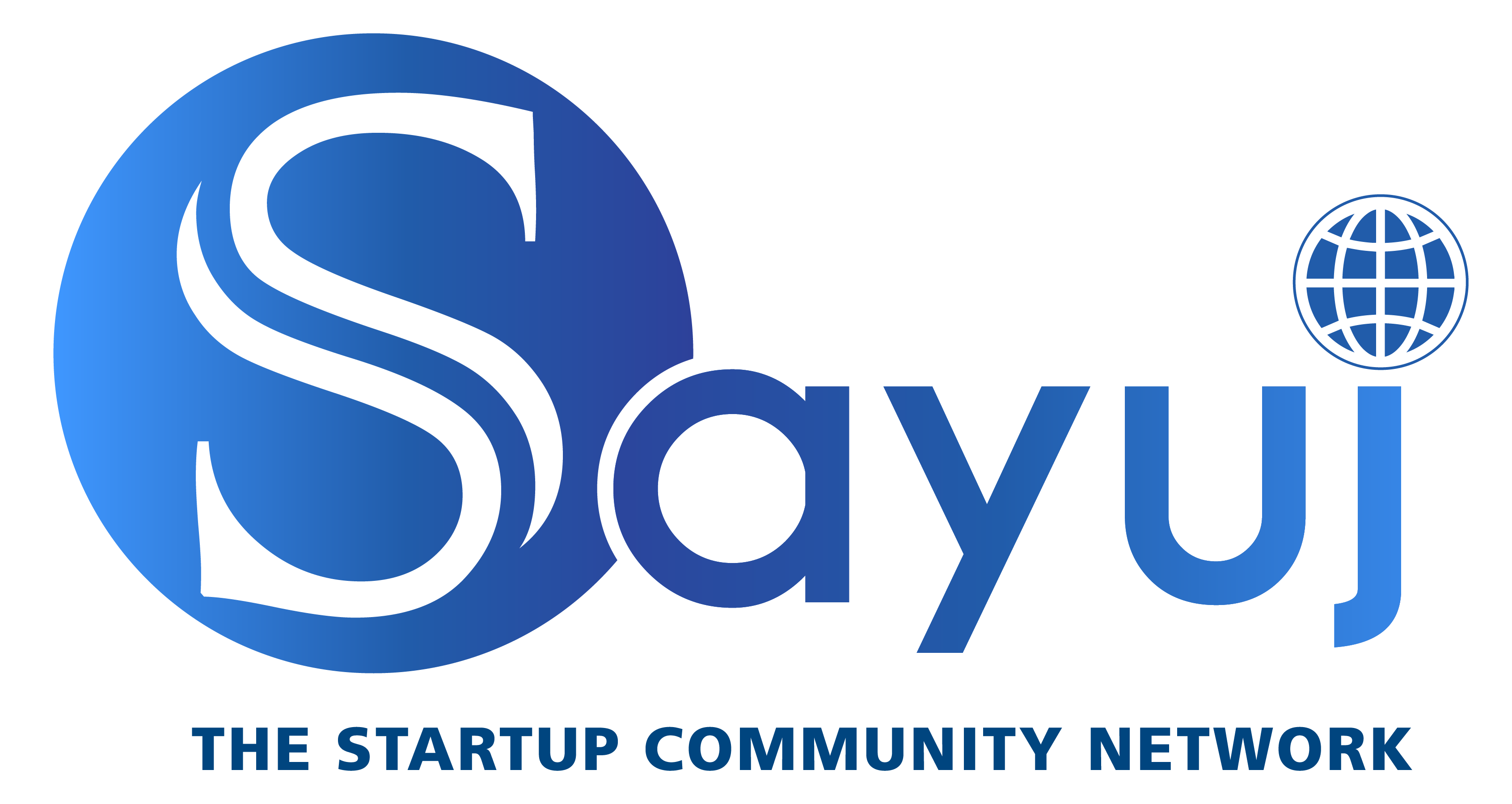Startups need industry to tell them what problems to solve: Arvind Kumar
- 16-06-2025

STPI is empowering startups in tier 2 and 3 cities with domain-specific Centres of Entrepreneurship, funding, and mentorship. DG Arvind Kumar highlights the need for industry-defined problem statements and better market access to help young ventures scale and attract global investors.
Written by Ayanti Bera
June 16, 2025 22:28 IST
Shri Arvind Kumar, Director General of Software Technology Parks of India (STPI)
The Software Technology Parks of India (STPI), an autonomous body under the ministry of electronics and IT, was initially set up to promote IT and IT-enabled services exports. Over time, its role has shifted significantly. Over the last three years, STPI has actively repositioned itself as a catalyst for startup growth, particularly in tier 2 and tier 3 cities. Director General Arvind Kumar, in a conversation with Ayanti Bera, speaks about how the organisation is enabling deep-tech innovation, what startups need from industry, and how market access remains a critical hurdle for young ventures. Excerpts:
How has STPI’s mandate evolved since its inception in 1991?
When we began, the focus was on addressing basic infrastructure gaps. We offered high-speed data connectivity, facilitated the import of computing hardware, and ensured smooth single-window clearances for software export units. Today, most of those bottlenecks have been resolved. Our primary continuing role in exports is software certification for units outside Special Economic Zones. The bigger shift has been our transition into building a startup ecosystem, especially for entrepreneurs located in tier 2 and tier 3 cities. That has become a major part of our work.
What prompted this pivot towards startups?
We recognised that innovation wasn’t limited to the metros. Founders in smaller cities needed structured support, that is, access to labs, mentorship, and networks, to grow. So, over the last few years, we built 24 domain-specific Centres of Entrepreneurship (CoEs) across the country. These CoEs are designed to help startups move from idea to prototype to commercial product in sectors like artificial intelligence, health tech, agritech, and blockchain. Each centre is supported by experts and mentors from the industry, which helps bring in valuable guidance and peer learning.
How accessible are these centres for entrepreneurs from non-metro regions?
They are specifically designed to be accessible. Around 60 to 70% of startups incubated under our CoEs are from tier 2 and tier 3 towns. We are present in cities like Mohali, Lucknow, and even Akola in Maharashtra. For example, our AI and IoT centre is in Mohali, agritech is being developed out of Akola, and Lucknow hosts our health tech hub. We currently support over 1,400 startups through these centres.
Beyond incubation, what kind of funding support do you offer?
We provide both early-stage and growth-stage funding support. Our next generation incubation scheme (NGIS) offers seed funding of up to Rs 25 lakh. Over the last three years, about 140 startups have received support through this scheme. For startups that are a little further along and generating revenue, we operate a co-investment model. Here, we partner with angel investors and VCs to provide up to Rs 1 crore. STPI has invested around Rs 43 crore so far, and this has catalysed over Rs 600 crore in private funding.
What are some of the key roadblocks for startups from smaller cities?
A major hurdle is market access. These startups don’t have the same exposure or network as those in metro cities. They often lack connections to strategic investors who can offer not just capital, but also mentorship, customer leads, and technology guidance. Another serious challenge is the absence of clearly defined problem statements. Many startups are strong technically and full of ideas, but they are unclear about the exact problem they are solving. We need industry stakeholders to step up and articulate the problems they need solved. That clarity can significantly improve product relevance and market fit.
Could you give examples of startups making an impact from your ecosystem?
Certainly. A startup from our Mohali centre is using AI to assess the cost and quality of road repair projects. They already have international clients. Another startup from our Lucknow health tech hub has developed a device that delivers emergency medical assistance to passengers on running trains. The device is currently being piloted by the Indian Railways. These are not yet unicorns, but they are tackling real-world problems with meaningful solutions.
How are you preparing these startups to scale and attract global investors?
Many founders, especially from smaller towns, are technically sound but struggle to make investor-ready pitches. To bridge this gap, we run a structured three-month mentorship programme. It helps startups refine their business presentations, understand investor psychology, and build confidence for international markets. The idea is to make them not just investment-ready, but globally competitive.







